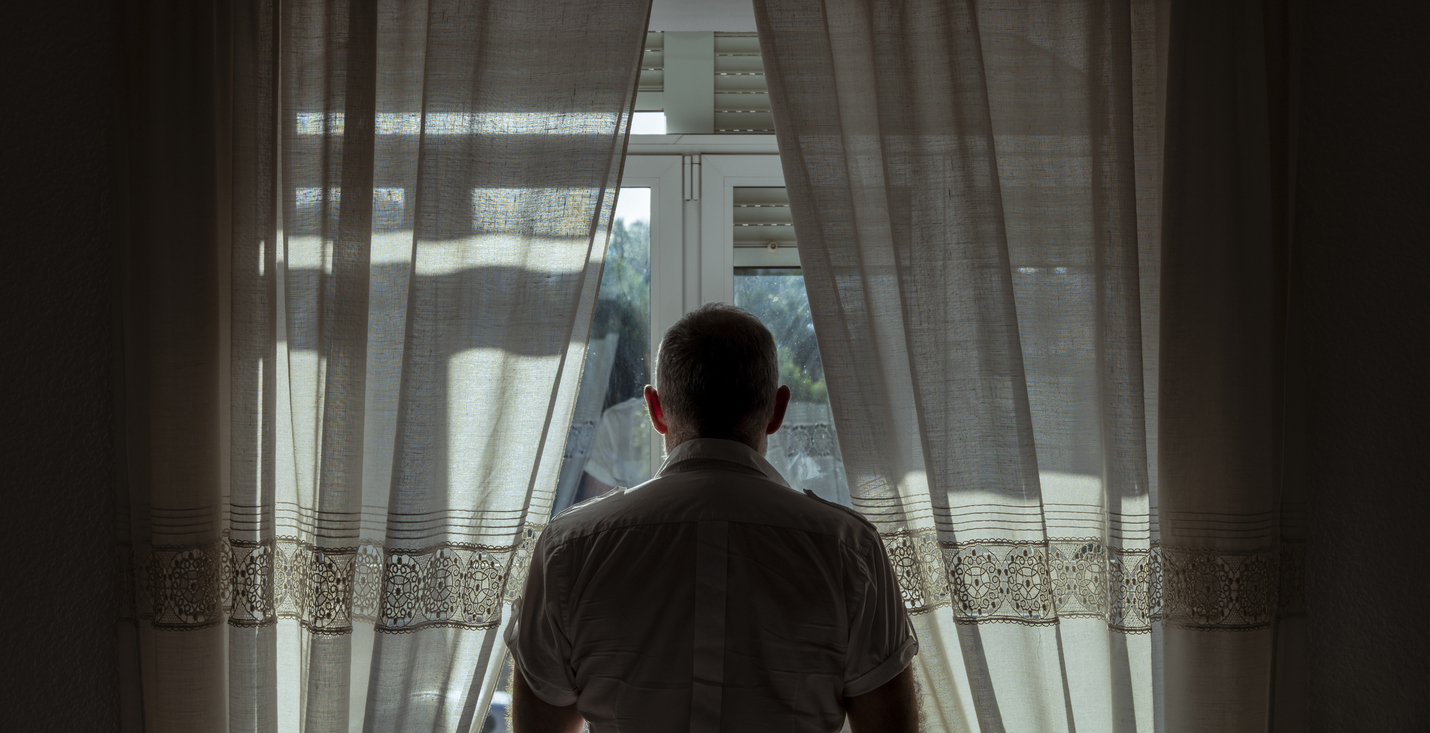10 Signs of High-functioning Anxiety
Medically reviewed by Mark Hrymoc, MD Signs of high-functioning anxiety may include constant overthinking, a tendency to worry excessively, perfectionism, a need for reassurance, difficulty in saying no, over-commitment, restless sleep, and physical symptoms like headaches or stomachaches. Despite these, individuals often maintain successful, seemingly ‘normal’ lives, masking their internal struggles. The 2023 Census Bureau’s Household Pulse Survey found that 32% of American adults have anxiety symptoms, with nearly 50% being between 18 and 24. The second highest percentage, 38%, is with adults between 25 and 49 and 29% of those between 50 and 64. According to statistics, the age group between 25 and 54 is the prime working age, with 76% working full and part-time jobs. Five percent are unemployed but searching for a job. These statistics suggest that many people with anxiety symptoms work full and part-time jobs. They fall into a “high functioning” group, meaning they have …






